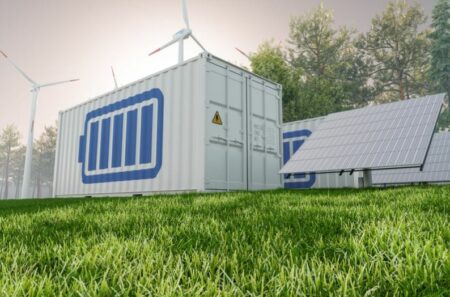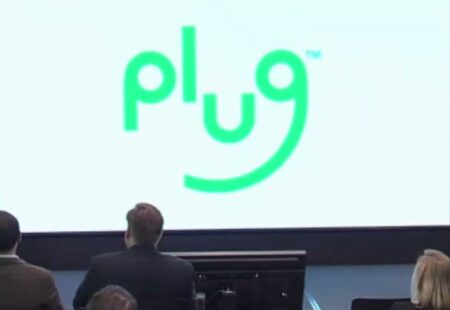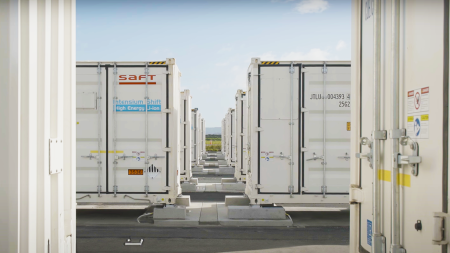As global energy markets accelerate their pivot toward clean technologies, Morocco is strategically positioning itself to capitalize on emerging sectors, notably electric vehicle (EV) batteries and green hydrogen.
Browsing: NEWS
Yara Clean Ammonia (YCA) has helped complete a ship-to-ship (STS) ammonia transfer at anchorage in Western Australia—an operational milestone that could reshape the future of zero-to-near-zero emission fuels in the maritime sector.
Africa’s green hydrogen sector is gathering pace, with over 52 large-scale projects now under development across the continent—positioning it as a critical geography in the global decarbonization effort.
Apollo Green Energy Limited, a subsidiary of the Apollo International Group, has set a clear trajectory to become a diversified…
Asian Development Bank (ADB) and the Global Energy Alliance for People and Planet (GEAPP) have joined forces to establish the ENABLE platform, a $750,000 initiative aimed at accelerating BESS deployment across the region.
In early 2024, German manufacturers accelerated marketing campaigns around so-called “H2-ready” gas heaters, promoting them as compliant with the new…
The European Investment Bank is preparing to inject €300 million into a €672 million hydrogen engine project led by Horse…
Plug Power has entered into a 2 GW electrolyzer agreement with Allied Green Ammonia for a $5.5 billion green chemical complex in Uzbekistan.
Spain’s strategic push into hydrogen infrastructure just secured a significant €32.5 million grant from Brussels, with Asturias emerging as a key…
Gurīn Energy has tapped Saft, a subsidiary of TotalEnergies, to supply a 1 GWh battery energy storage system (BESS) for a standalone project in Soma City, Fukushima Prefecture.











